Saint Patrick Retold: The Legend and History of Ireland's Patron Saint
by Roy Flechner
Who was St Patrick? Saint Patrick Retold, by historian Roy Flechner of University College Dublin, definitively answers that question. We’ve spoken to the author to find out more…
Commentary
“He came from the west coast of Britain. His family owned a Roman villa, so they were well-to-do. At the age of 16 he was abducted and taken as a captive to Co. Mayo, where he tended sheep.”
Our most recommended books
-

The Confessions
by Augustine (translated by Maria Boulding) -

Greek Thought, Arabic Culture
by Dimitri Gutas -

The Church of the East
by Christoph Baumer -

Medieval Islamic Medicine
by Peter E Pormann and Emilie Savage-Smith -

Shi’ism
by Hamid Dabashi -

The Misunderstood Jew: the Church and the Scandal of the Jewish Jesus
by Amy-Jill Levine
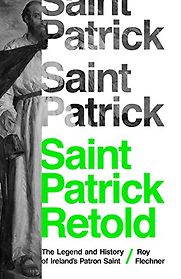
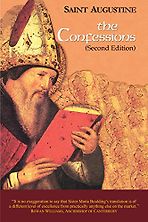
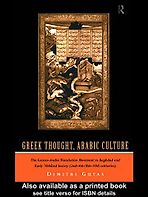
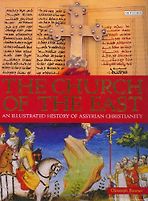
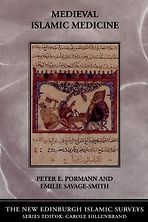
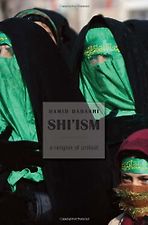
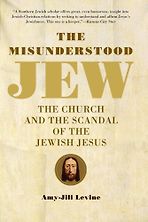
The book, according to the author